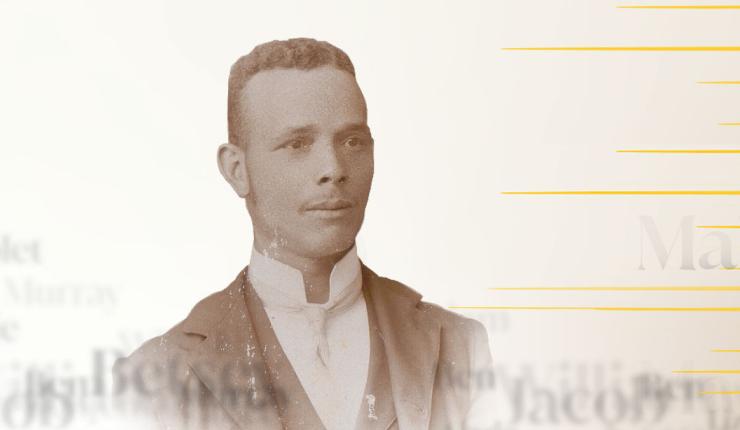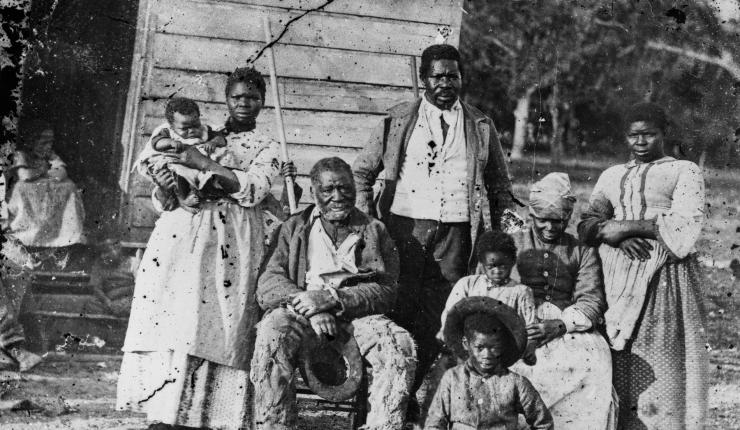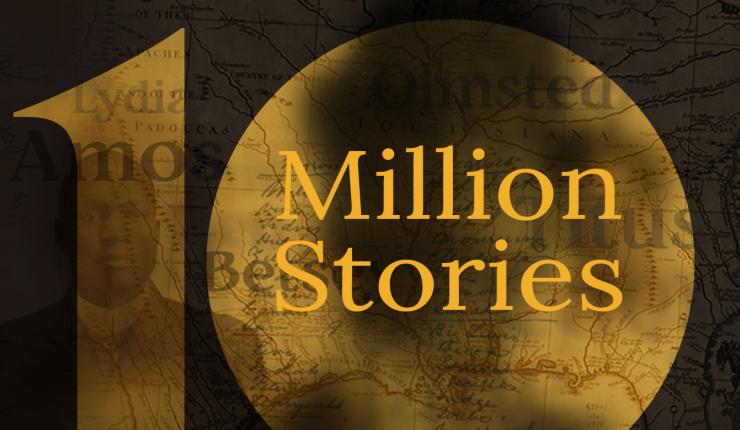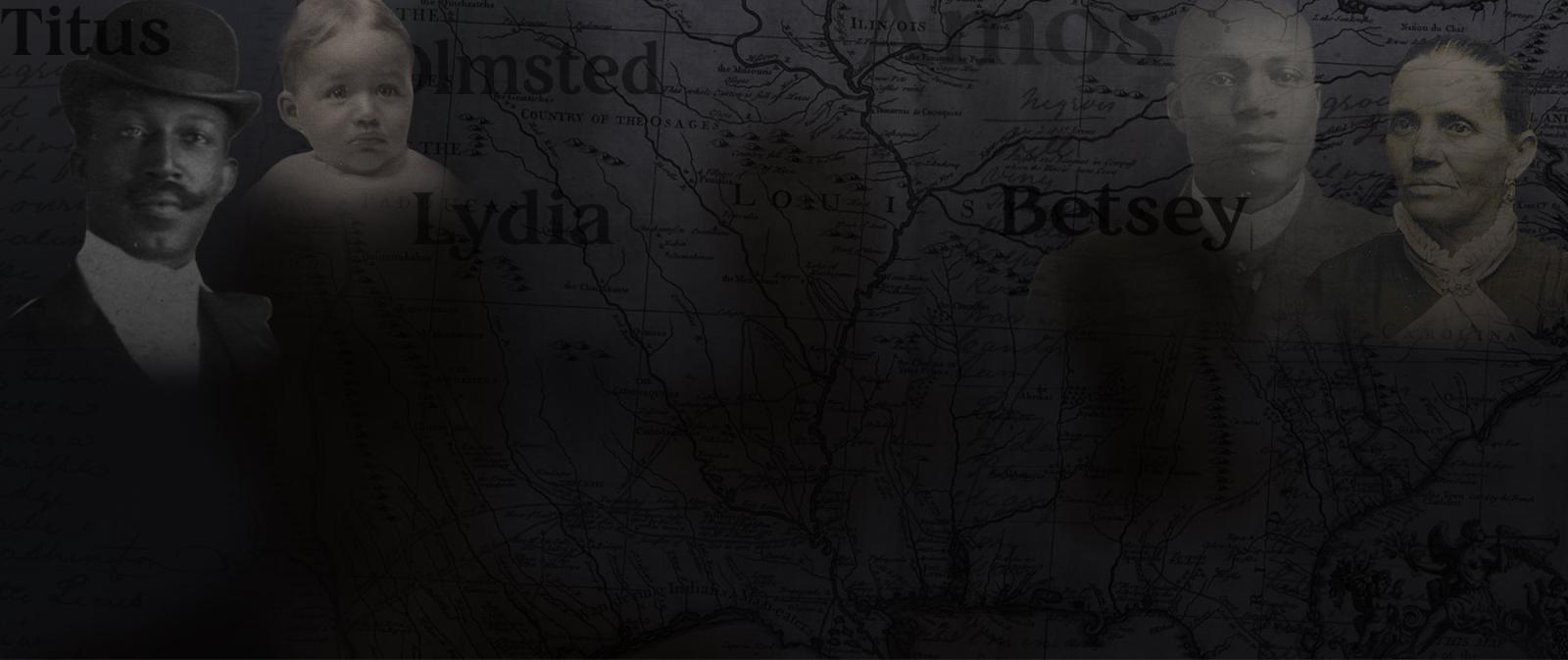
Making America: Records of Enslaved Laborers Within and Beyond the Plantation
Millions of enslaved people lived on plantations, private homes, and universities before emancipation. Enslavers often created financial and personal records to track, count, and inventory families and individuals laboring on their land. And while these records were initially created for the benefit of the enslaver, genealogists can use these records to reconstruct family groups and rediscover names of the enslaved.
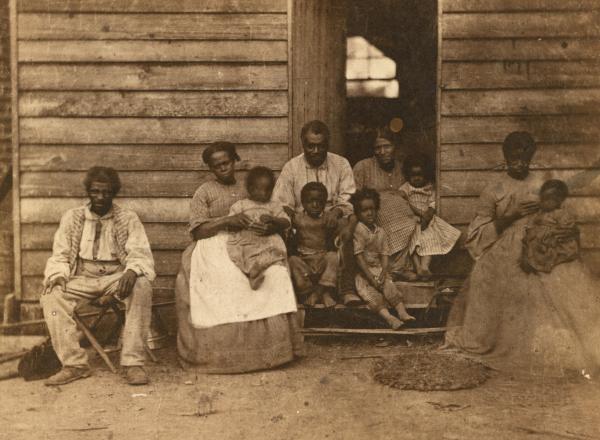
Examples of records:
Antebellum censuses (state and local censuses)
Plantation records (private estate papers, Bible records, etc.)
College and university records
Probate records and land deeds
Databases
Check this space for future updates!
Completed Databases
Newport, RI: Records of Enslaved, Free, and Manumitted People of Color and Enslavers (17th-19th Centuries) in partnership with the Newport Historical Society
North America: Records of Enslaved People from Plantations and Estates, 1765-1890
Upcoming Databases
Kentucky: Enslaved Church Records Project in partnership with The Reckoning
St. Mary’s County, Maryland: Persons Enslaved at Sotterley Plantation to 1865
Records from the Northeast Slavery Records Index in partnership with NESRI
St. Mary’s County, Maryland: Four Families (Butler, Gough, Shubrooks, and Lee)
Massachusetts, Plymouth: Freepersons in 1790
Massachusetts: Twenty Families of Color, 1742-1998

